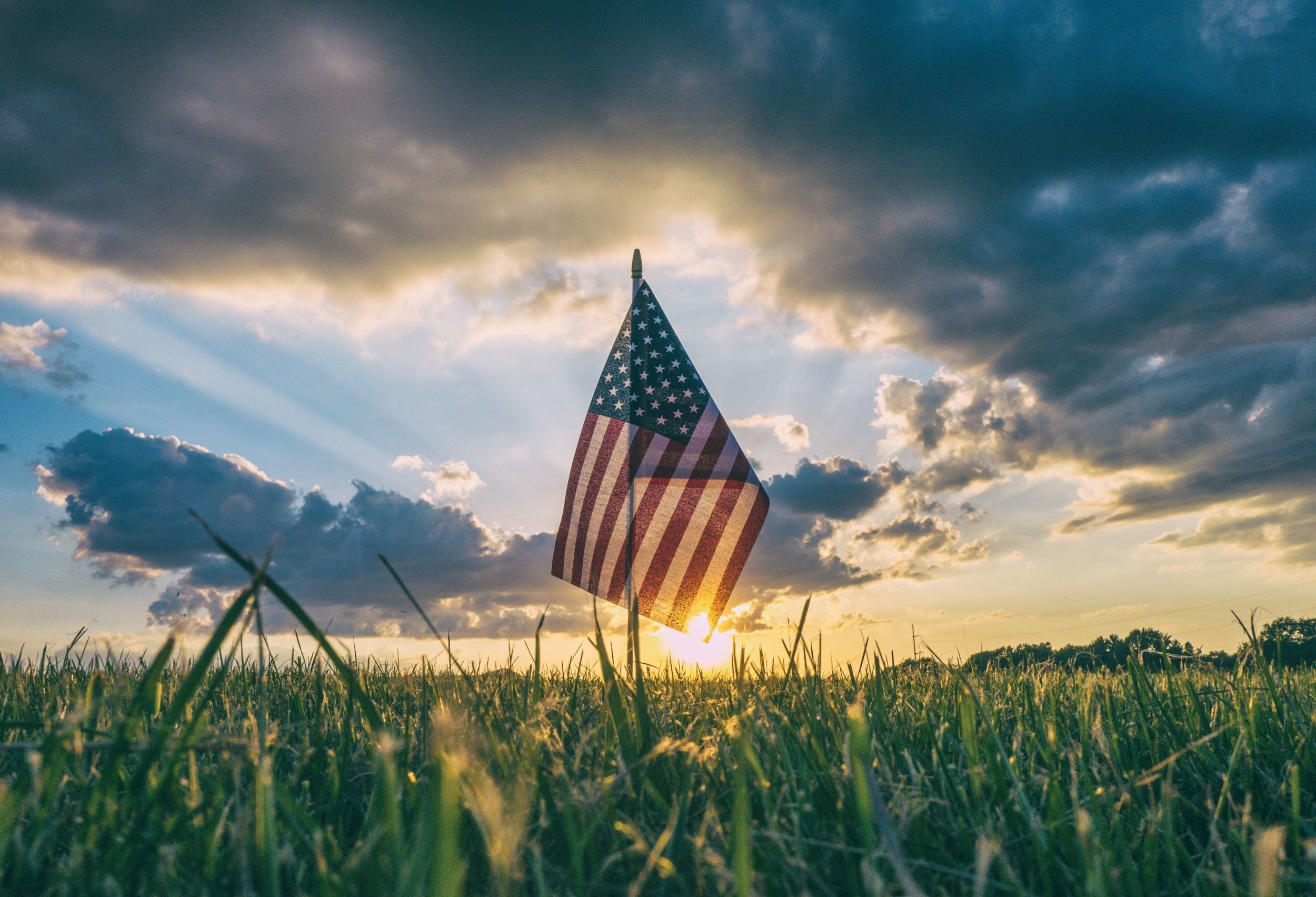Washington Watch Articles From 2022

A Christmas Reflection
All religions are, at their core, about us—about real people living in a world with others, trying to make sense of our joy and sorrow, our fears and hopes, and our purpose for being here. When looked at this way, the stories told in our scriptures, when stripped down to their essential message, teach us beautiful lessons about how we should see our lives.
More Mass Shootings
This past week we passed the 10th anniversary of the day when an obviously deranged young man wielding a weapon of war massacred 20 little children and six of their teachers at Sandy Hook Elementary School in Newtown, Connecticut. We had had mass shootings before. But this time it felt different because the victims were so little and so many, and because President Barack Obama so eloquently, and tearfully, spoke to the nation capturing our collective grief and the resolve that “our hearts had been broken” too many times and that something must be done to end the killing.

A Call for a Christmas Truce
Christmastime 1914, five months into the First World War, a remarkable event occurred. No one knows exactly how it began, but French, British, Belgian, and German soldiers on both sides of the trenches began singing Christmas carols, each in their own language, and then put down their weapons, played football, and exchanged Christmas greetings and gifts with one another.
The Mask Is Off
Since its founding, Political Zionism has had two distinct and contradictory personas. One portrayed it as a national liberation movement that was liberal, democratic, tolerant, and inclusive. This was the face its adherents saw when they looked in the mirror, and it was the way they presented themselves to and wanted to be seen by the rest of the world.

Wrong at the Top of Their Voices
The brilliant and incisive Palestinian American professor, Dr. Ibrahim Abu Lughod, was a mentor who taught me some invaluable lessons about politics and history. While he was a profoundly political being, he was at heart a historian and social scientist. He, therefore, cautioned me not to be unduly influenced by each day’s headlines or the reactions of commentators to daily events.
What the FBI Investigation Means for the US/Israel Relationship
By itself, the announcement that the FBI will conduct an independent investigation into the murder of Palestinian American journalist Shireen Abu Aqla is not, as one Israeli journalist said, a “watershed moment” in the US/Israel relationship. But because of the factors that led to this decision and the tensions that will flow from it, it’s clear that there are changes underway in US attitudes toward Israel and its behaviors.
The Pundits Got It Wrong
Much ink has been spilled before and since the US midterm elections, with most of it missing the mark. Pundits who had unrealistic expectations regarding the outcome are now reacting in shock (or horror or delight, depending on their political persuasion) as their projections have been found wanting.

A Nail-Biter
All indications are that this election will be a nail-biter, with polls suggesting that Democrats will have a difficult time maintaining their slim control of both houses of Congress. One factor is the president’s low approval ratings—often an indicator that his party would be sailing into the headwinds of a dissatisfied electorate. But there are other issues at work, as well.
Adding Insult to Injury
This past week, a major US daily paper ran a lengthy feature article titled, “France’s Return of the Skulls of 24 ‘Resistance Fighters.’” The article reported on France’s repatriating 24 skulls to Algeria that were reputed to be the decapitated heads of Algerian resistance fighters. The piece was both shocking and infuriating.
No Government Has the Right to Pass Such Laws
During the past month Israel has held 800 Palestinians under administrative detention orders, expelled several Palestinians from East Jerusalem, seized more Arab-owned land from areas around Hebron and in the Jordan Valley turning much of it over to settlers, and instituted a lockdown of many Palestinian areas during Jewish religious days. All of this passed without notice in the US press because Israel policies, such as these, have long been routine features of the 55 year-long occupation.
Consequences of Russia’s War on Ukraine
Russia’s latest and expanded invasion of Ukraine is entering its eighth month with no clear end in sight. Although it’s dangerous in the heat of battle to make predictions about outcomes, there are some indications as to what the future may hold for the combatants and the world.
With or Without You (Netanyahu)
In less than one month, Israel will hold its fifth national elections in four years. The Israeli press is filled with endless commentary, reports of polls showing who’s up and who’s down, early finger-pointing assessing blame, and, through it all, a pervasive sense of gloom acknowledging that whatever the vote tally, the future will be no brighter or more certain than the present.
How Democrats Lost White Voters
While pundits will be focused on which party retains control of the Senate and Congress, there is a deeper issue at stake in this election - the polarization that has made our political dysfunctional.

The Challenge for Democrats
While the November midterm elections will be about a number of economic, social, and political issues, at its core the elections will be about which party and candidate voters feel cares most about them and has solutions that speak to their most basic needs.
Without a Vision, the People Perish
Here’s a story I’ve never told before:
I traveled to Tunisia in late 1993 to meet with PLO Chairman Yasir Arafat.
Stop Abusing Religion
Back in the 1960s Americans were deeply divided on matters of war and race—and Christians in America were on both sides of the divide.
Can the Arab East Move Past the Mess It’s In?
As someone who polls Arab public opinion, I’ve long been a fan of the 1919 King-Crane Commission created by President Woodrow Wilson to assess how the people of the Arab East wanted to be governed in the post-World War I era. The British and French had designs on the Arab East, but Wilson, though an arch-segregationist at home, declared that the newly liberated Arabs should shape their own destiny and that any post-war settlement regarding “territory [or] sovereignty [should be determined on] the basis of the free acceptance of that settlement by the people immediately concerned.”

Democracy in Danger
Three decades ago, I was on a US Embassy-sponsored speaking tour in Yemen before its 1993 national elections. After giving a lecture at the university in Sanaa, I met with the leaders of the various political parties—at their offices or at afternoon “ghat sessions.”
Listen to Arab Voices
In 2020, I published “Arab Voices: What They Are Saying to Us and Why It Matters.” Based on our polling during the first decade of this new century, “Arab Voices” was an effort to lay out the myths that have shaped Western discourse about the Arab World, understand why those myths have taken hold, and what can be done to dispel them.